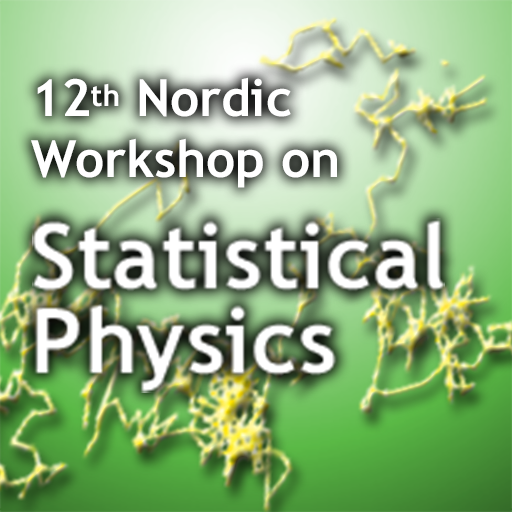Speaker
Description
Quantum measurements are inherently probabilistic, with the fluctuations associated to quantum information acquisition in the measurement problem. The measurement induced fluctuations, however, can be rectified to produce non-zero work even at zero temperature, in contrast to their classical counter part. In this talk, I will first present a fluctuation theorem which characterizes the measurement process in simple quantum systems. The fluctuation theorem demonstrates that quantum measurement is an absolutely irreversible process (analogous to the free expansion of a single gas particle in a box), where the degree of absolute irreversibility is deeply connected to the many-to-one mapping aspect of the quantum measurement problem. I will conclude by presenting some recent examples of quantum measurement fueled engines and refrigerators, and discussing the fundamental limits quantum measurement added noise impose on the parametric feedback cooling of a quantum oscillator.
Manikandan, Sreenath K., Cyril Elouard, Kater W. Murch, Alexia Auffèves, and Andrew N. Jordan. "Efficiently fueling a quantum engine with incompatible measurements." Physical Review E 105, no. 4 (2022): 044137.
Manikandan, Sreenath K., and Sofia Qvarfort. "Cooling through parametric modulations and phase-preserving quantum measurements." arXiv preprint arXiv:2204.00476 (2022).
Manikandan, Sreenath K., Cyril Elouard, and Andrew N. Jordan. "Fluctuation theorems for continuous quantum measurements and absolute irreversibility." Physical Review A 99, no. 2 (2019): 022117.
Jayaseelan, Maitreyi, Sreenath K Manikandan, Andrew N. Jordan, and Nicholas P. Bigelow. "Quantum measurement arrow of time and fluctuation relations for measuring spin of ultracold atoms." Nature communications 12, no. 1 (2021): 1-7.
Yanik, Kagan, Bibek Bhandari, Sreenath K. Manikandan, and Andrew N. Jordan. "Thermodynamics of quantum measurement and Maxwell's demon's arrow of time." Physical Review A 106, no. 4 (2022): 042221.

